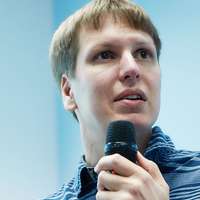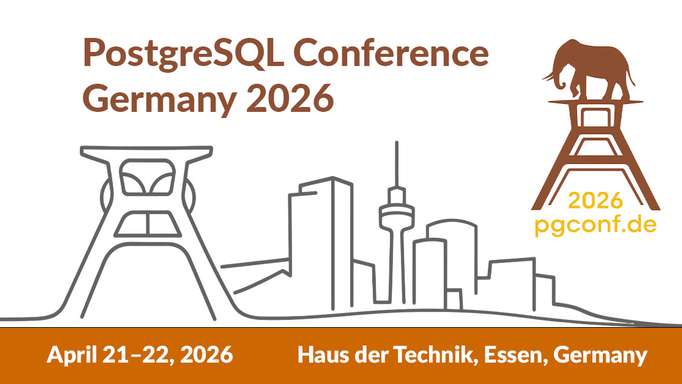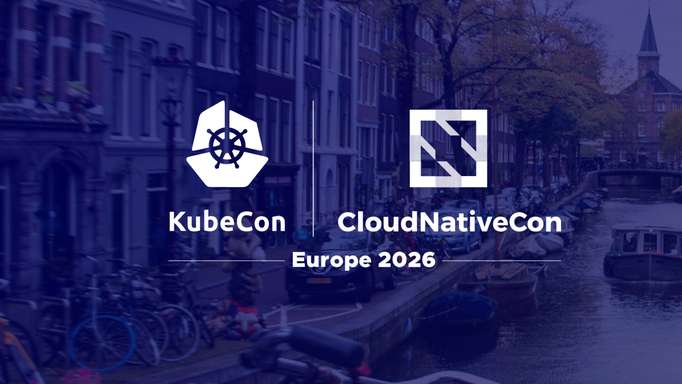Percona University Athens took place on November 7th. The event in Athens was organised with the help and sponsorship of FerretDB.

Attendees of the event had a chance to interact with recognised database experts and each other.
Speakers from different countries and companies participated in this event. Click on the links below to view the slides:
Cloud of Serfdom vs Cloud of Freedom: Why Open Source Will Win in the Cloud Age by Peter Zaitsev (Founder, Percona)
Cloud and Open Source have a very intricate relationship! In this talk we will look at the history of how the impact of Cloud on Open Source changed through the years, examine the current state as well as make a case for a particular way to use Cloud and Open Source Together. If you cherish the values of Open Source - you will do well by using Cloud as Commodity Infrastructure Provider and run Open Source Software on top of it. Consider Kubernetes in particular as your API of choice with its ubiquitous availability among all major public cloud providers and private cloud software vendors. We will show what while this ecosystem may not be as mature as proprietary solution from cloud vendors it is moving rapidly and becoming a great fit for more and more situations.

Moving MongoDB Workloads to Postgres with FerretDB by Peter Farkas (Co-founder & CEO, FerretDB)
MongoDB, a widely used database, has garnered both love and hate from its users across different industries due to its ease of use. However, it is no longer open source, faces licensing issues, and requires additional resources and knowledge to run. Is there a viable alternative? Can we move existing MongoDB workloads to Postgres without any application-level changes? How can we ensure MongoDB users can continue to use their tools and frameworks? In this talk, we will discuss the current state of document databases and why there is a need for a new open source standard. We propose that Postgres should serve as the database backend for this standard. We will also demonstrate how to equip your Postgres database with FerretDB, enabling it to handle MongoDB workloads. Finally, we will showcase some MongoDB tools that can be used to manage the database just like if it would be MongoDB. This use case connects Postgres with a different community and workloads.

- Introduction to TiDB by Mattias Jonsson (Senior Database Engineer, PingCAP)

PostgreSQL Object Oriented Concepts Applied to Real Business Problems by Achilleas Mantzios (DBA, Open Source Projects)
MySQL 5.7 Goes EOL. How to Upgrade to MySQL 8 by Ananias Tsalouchidis (Principal DBA, Percona)
MySQL 5.7 goes End of Life. No matter if you still have any kind of extended support or you are not going to upgrade right now, you will soon need to migrate to MySQL 8.x . This is a major project that you will need to carefully handle. During this session i’ll try to present the best practises that will ensure a smooth migration from MySQL 5.7 to 8.x

Cloud Native MongoDB: Building a scalable MongoDB infrastructure by Takis Stathopoulos (Enterprise Architect, Percona)
The cost of running a growing enterprise-grade MongoDB environment on the Cloud can quickly get out of control. To make things worse, there are multiple traps awaiting. Factors and settings that initially do not seem important, at scale can significantly impact your spending.
How AI Can Help Developers Avoid MySQL Performance Issues by Roman Agabekov (Founder, Releem)

Practical AI with Machine Learning for Observability in Netdata by Costa Tsaousis (Founder and CEO, NetData)
ML for observability can be challenging, given the uniqueness of each workload. However, we can leverage ML to detect individual component anomalies, even if they are sometimes noisy/imprecise. At Netdata, we use ML models to analyze the behavior of individual metrics. These models adapt to the specific characteristics of each metric, ensuring anomalies can be detected accurately, even in unique workloads. The power of ML becomes evident when these seemingly noisy anomalies converge across various services, serving as indicators of something exceedingly unusual. ML is an advisor, training numerous independent models for each individually collected metric to achieve anomaly detection based on recent behavior. When multiple independent metrics exhibit anomalies simultaneously, it is usually a signal that something unusual is occurring. This approach to ML can be instrumental in uncovering malicious attacks and predicting combined failures across seemingly unrelated components.

The most womderful thing about offline events is networking, isn’t it?


We are looking forward to next offline events! Track them on this website and on Percona.com. ∎









